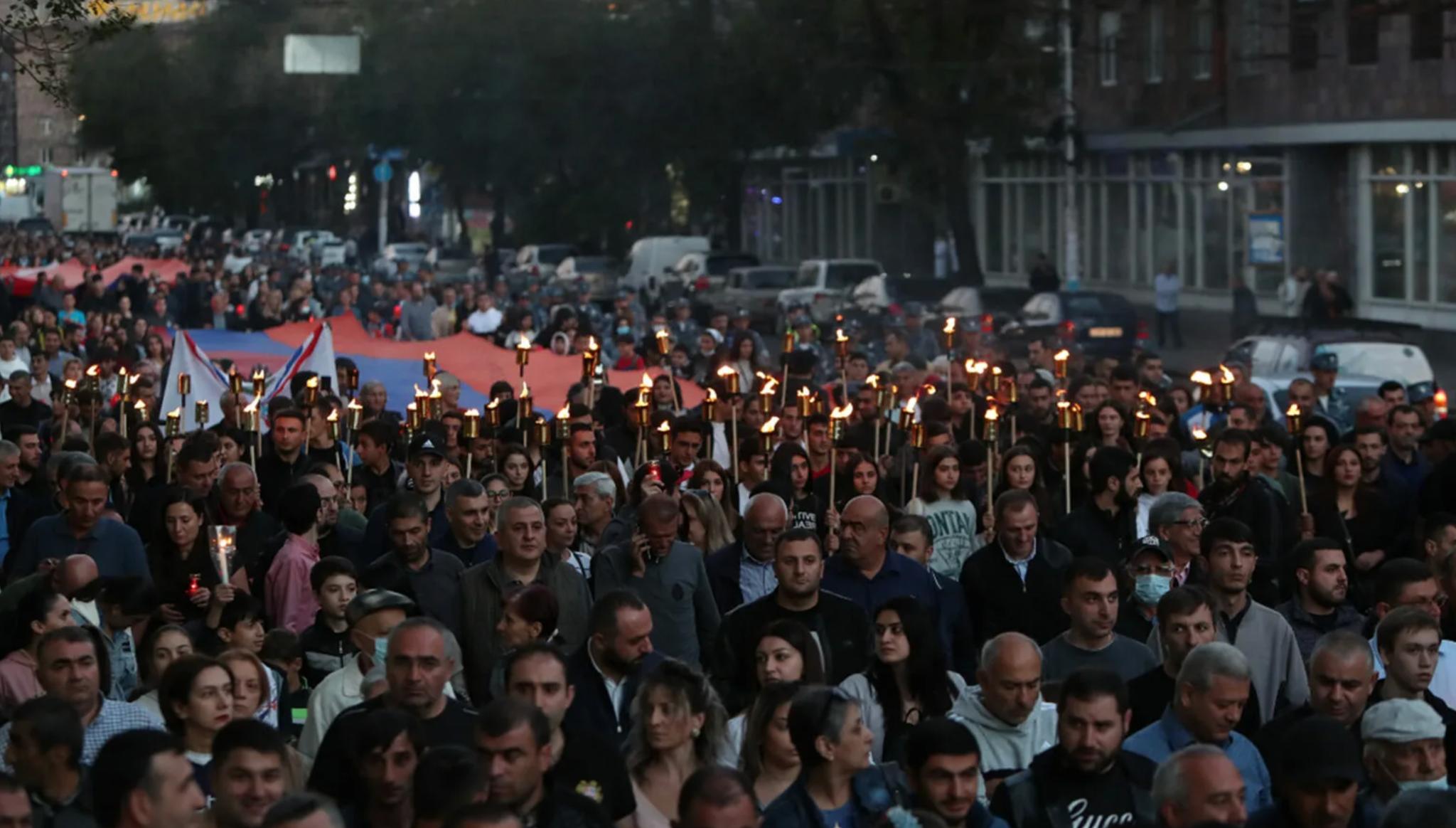Armenian Issue: When mythology is more important than facts
This year on April 24 the world Orthodox Christians celebrate Easter, some people have birthdays, others celebrate wedding anniversaries or other events in their life. Only one nation has had this date for more than a century as a day of mourning for the myth of the distant events in the Ottoman Empire, which they persistently call "genocide".
By now the ridiculous habit of Armenians to find "witnesses and victims of genocide" on the eve of the next April 24 has almost come to nought, but there are still attempts to multiply the number of victims of those events. If initially it was told about half-million "Armenians killed by Turks innocently", over the years this figure grew by leaps and bounds. Even today Armenian propaganda machine stopped at the sacral figure of "one and a half million". Though, even Russian orientalists, who studied the events of 1915 in the Ottoman Empire, were very sceptical about this figure. For instance, famous Russian orientalist professor Mikhail Meyer, who passed away recently, was once attacked by Armenians of the world for stating on the "Kultura" TV channel that in 1915, there was a massacre on both sides of the Ottoman Empire. Concerning the number of killed people, Meyer said that only one and a half million Armenians lived in the Ottoman Empire at the time, and because some part of them survived, it is impossible to talk about one and a half million.
At the same time, it should be noted that the "Armenian genocide" is a lie factory, created by the Armenian diaspora scattered all over the world, it is an instrument of pressure on Turkey, a tool of political and economic bargaining, a way to gain the sympathy of the world community. However, back in the late 1980s the Turkish government officially announced the opening of the Ottoman archives. Among other things, researchers were given access to documents about the Armenians from the period of history from 1691 to 1984.

In June 1989 the coordinator of the research commission of the Turkish government archives, Orel, issued a statement recalling that the Turkish side had opened the Ottoman archives of the period 1691-1894 for foreign researchers, including Armenian scholars.
The Turkish archives, unlike the Armenian ones, are still open. The Turkish side keeps repeating that the "Armenian Issue" is not a political one, but a historical one, and therefore should be discussed among scientists, but not politicians. However, these arguments are not accepted by Armenians. It is quite understandable: they use the myth about "genocide" as "glue" for uniting.
Yet today, on an ordinary day of the calendar in many countries of the world, events devoted to the so-called "genocide" take place, where Armenians burn the flags of Azerbaijan and Turkey. Thereby showing their intolerance and demonstrating that this country simply cannot live in peace with its neighbours.








